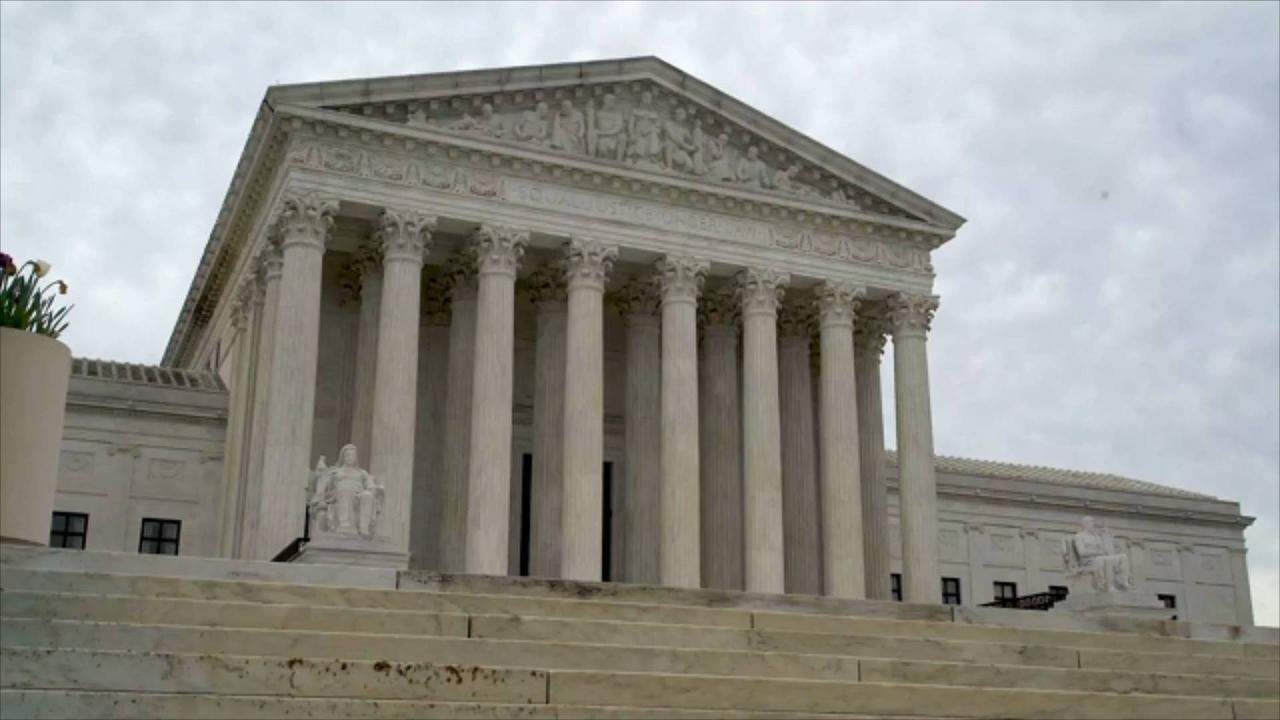
Supreme Court Could , Overturn Decades-Old Precedent , to Weaken Federal Agencies.
On January 17, the United States Supreme Court will consider overturning a 40-year-old precedent that has widely been opposed by Conservatives.
.
On January 17, the United States Supreme Court will consider overturning a 40-year-old precedent that has widely been opposed by Conservatives.
.
NBC reports that the 1984 ruling in Chevron v.
Natural Resources Defense Council has long been a point of contention for the right.
.
NBC reports that the 1984 ruling in Chevron v.
Natural Resources Defense Council has long been a point of contention for the right.
.
Among Conservatives, the unpopular precedent is seen to bolster the power of federal agencies.
.
The 6-3 Conservative-led Supreme Court will hear oral arguments from two related cases involving regulation regarding fisheries.
.
The 6-3 Conservative-led Supreme Court will hear oral arguments from two related cases involving regulation regarding fisheries.
.
The Chevron decision initially came as a win for the Reagan administration's deregulatory efforts, requiring judges to defer to federal agencies to interpret ambiguous laws.
The precedent later allowed the Environmental Protection Agency to enact Clean Air Act regulations that favored polluting facilities.
.
NBC reports that the precedent has been used by both Democratic and Republican presidents over decades to take advantage of the authority it grants federal agencies.
NBC reports that the precedent has been used by both Democratic and Republican presidents over decades to take advantage of the authority it grants federal agencies.
Environmental groups have argued that the precedent should remain in place so federal agencies can help handle major areas of concern, including climate change.
Environmental groups have argued that the precedent should remain in place so federal agencies can help handle major areas of concern, including climate change.
According to Jonathan Adler, a professor at Case Western Reserve University School of Law, there have always been disagreements regarding how the Chevron ruling should be applied.
This has been bubbling around for a while, but certainly on the right there is a concern that ... agencies are not so much faithfully executing Congress' instructions as they are trying to figure out ways of doing what they want to do, Jonathan Adler, a professor at Case Western Reserve University School of Law, via statement
